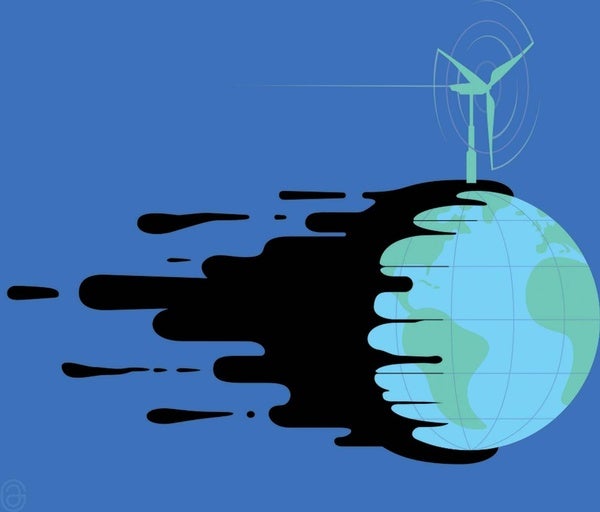 |
| February 08, 2023 |
 |
| |
| |
| |
| Climate Change Solving Cement's Massive Carbon Problem New techniques and novel ingredients can greatly reduce the immense carbon emissions from cement and concrete production | | By Mark Fischetti,Nick Bockelman,Wil V. Srubar | | | |
| |
| |
| |
| |
| |
| |
FROM THE STORE
 | | | |
FROM THE ARCHIVE
 | | Fossil-Fuel Subsidies Must End Despite claims to the contrary, eliminating them would have a significant effect in addressing the climate crisis By Geoffrey Supran,Peter Erickson,Doug Koplow,Michael Lazarus,Peter Newell,Naomi Oreskes,Harro van Asselt | February 2020 | | |
| |
| |
LATEST ISSUES
 |
| |
| Questions? Comments?  | |
| Download the Scientific American App |
| |
| |




